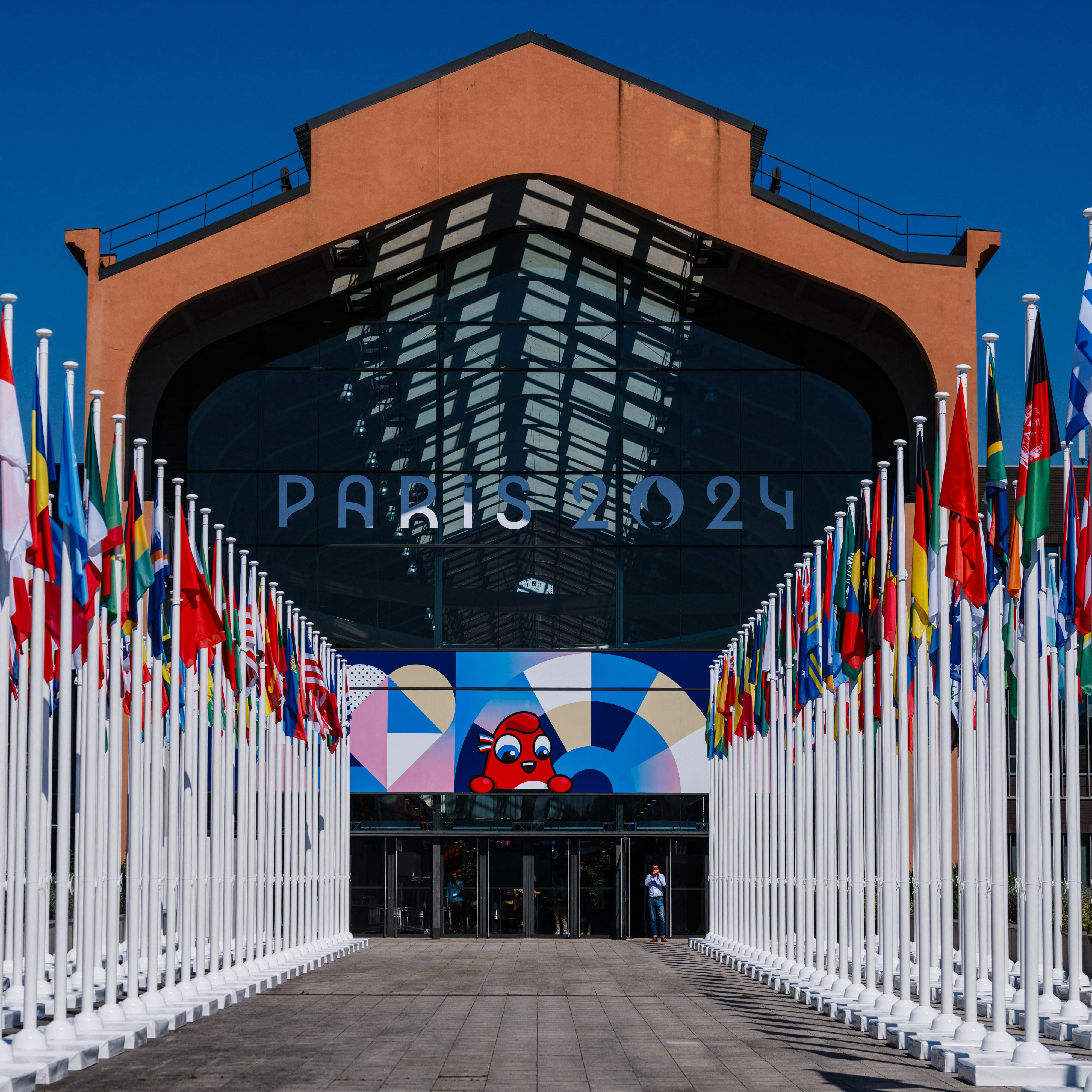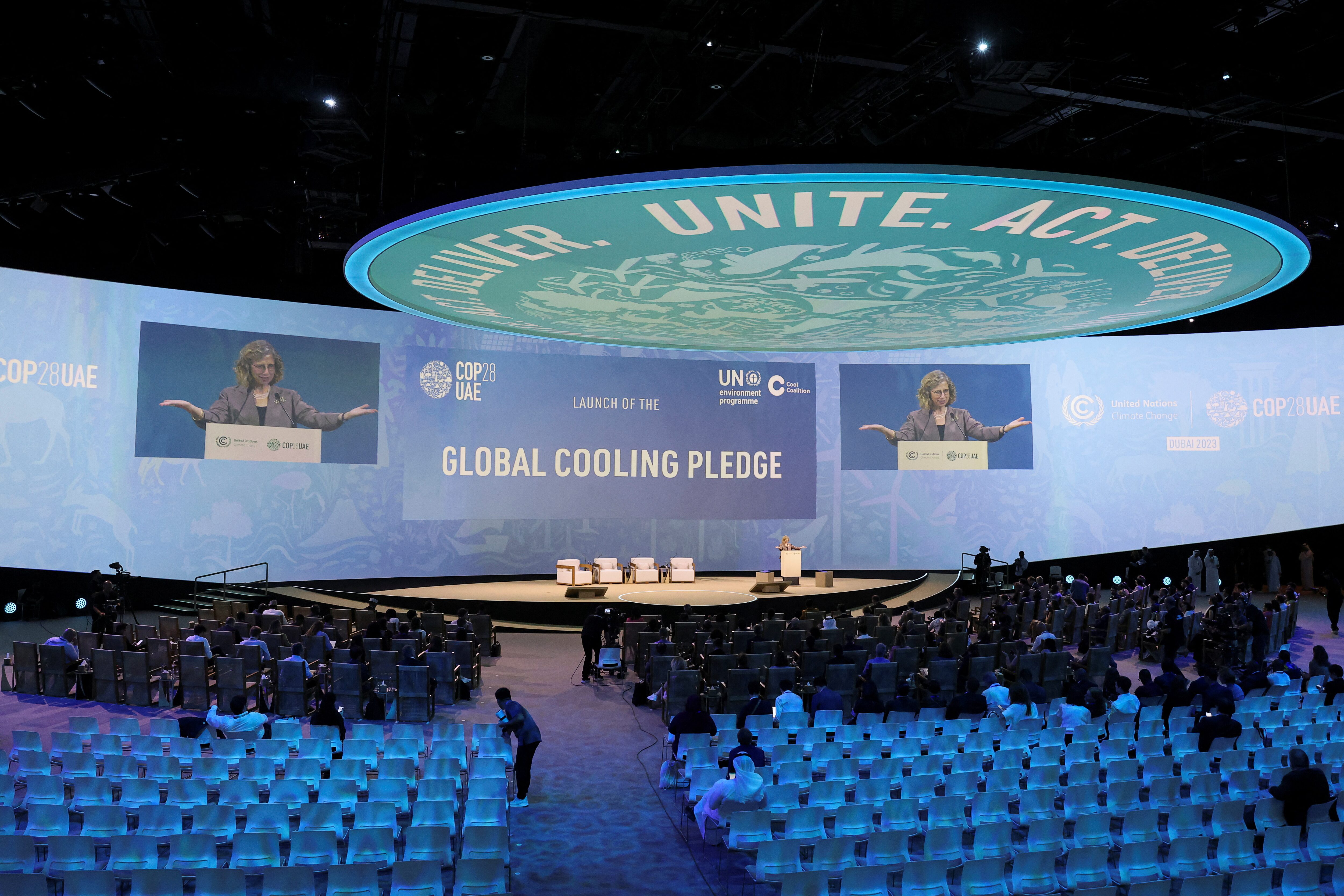As temperatures soar above 40 degrees Celsius and the climate crisis escalates, air conditioning emerges as both a lifeline and a deadly trap. The recent heatwave in France claimed an estimated 235 lives according to modeling, revealing the harsh reality of our reliance on cooling systems. Yet, with air conditioning responsible for approximately 12% of energy consumption in US homes, contributing over 100 million metric tons of CO2 emissions annually, we must ask ourselves: Is this sustainable?
Air Conditioning as a Climate Villain
In the United States, air conditioning is not merely a comfort but a necessity. However, as reported by the International Energy Agency, the growing dependency on AC units is set to produce an estimated 2 billion tons of CO2 annually by 2030. This alarming trend illustrates a vicious cycle: as global temperatures rise, so does the adoption of air conditioning, which in turn exacerbates climate change.
Political Hypocrisy and Environmental Inaction
The recent political debates in France surrounding air conditioning reveal a disturbing disconnect between rhetoric and action. Marine Le Pen’s pledge to create a "grand plan" for cooling, including mandatory AC in schools and hospitals, seems commendable on the surface. However, her party has historically voted against initiatives aimed at developing more sustainable cooling networks. As climate minister Agnès Pannier-Runacher pointed out, such proposals serve as a mere "alibi for inaction." This hypocrisy highlights a troubling pattern where political leaders prioritize short-term fixes over long-term solutions that address the root causes of climate change.

2024 Paris Olympic Games grapple with "poop protest" and ...
Health Risks from Overreliance on Cooling
As cooling systems proliferate, so too do health risks associated with their overuse. The Kleinman Center for Energy Policy has noted that excessive reliance on AC exacerbates energy use and refrigerant leaks, impacting health, particularly in low-income households. Communities already burdened by environmental injustices face increased exposure to harmful pollutants emitted from AC units, further compounding health disparities.
The Need for Sustainable Solutions
Rather than doubling down on air conditioning as a solution, we must pursue ambitious strategies that prioritize sustainability. The Global Cooling Prize aims to inspire innovation in cooling technology, seeking options that have five times less climate impact than current models. According to Columbia University"s State of the Planet, this initiative is crucial as heat stress becomes the leading weather-related cause of death. By investing in sustainable urban design and efficient cooling methods, we can mitigate the adverse effects of extreme temperatures while addressing the climate crisis head-on.

What to watch at COP28 on Wednesday | Reuters
Rethinking Our Relationship with Comfort
Air conditioning may provide temporary relief from sweltering heat, but it also enables a dangerous complacency. Comfort at the individual level dulls the urgency to confront the larger climate issues at hand. As I grapple with my own use of a small AC unit during heatwaves, I can"t help but feel the weight of guilt. Our collective obsession with comfort must be reexamined, especially in light of the alarming health and environmental implications.







![[Video] Gunfire between Iraqi security forces and Sadr militias in Baghdad](/_next/image?url=%2Fapi%2Fimage%2Fthumbnails%2Fthumbnail-1768343508874-4redb-thumbnail.jpg&w=3840&q=75)
